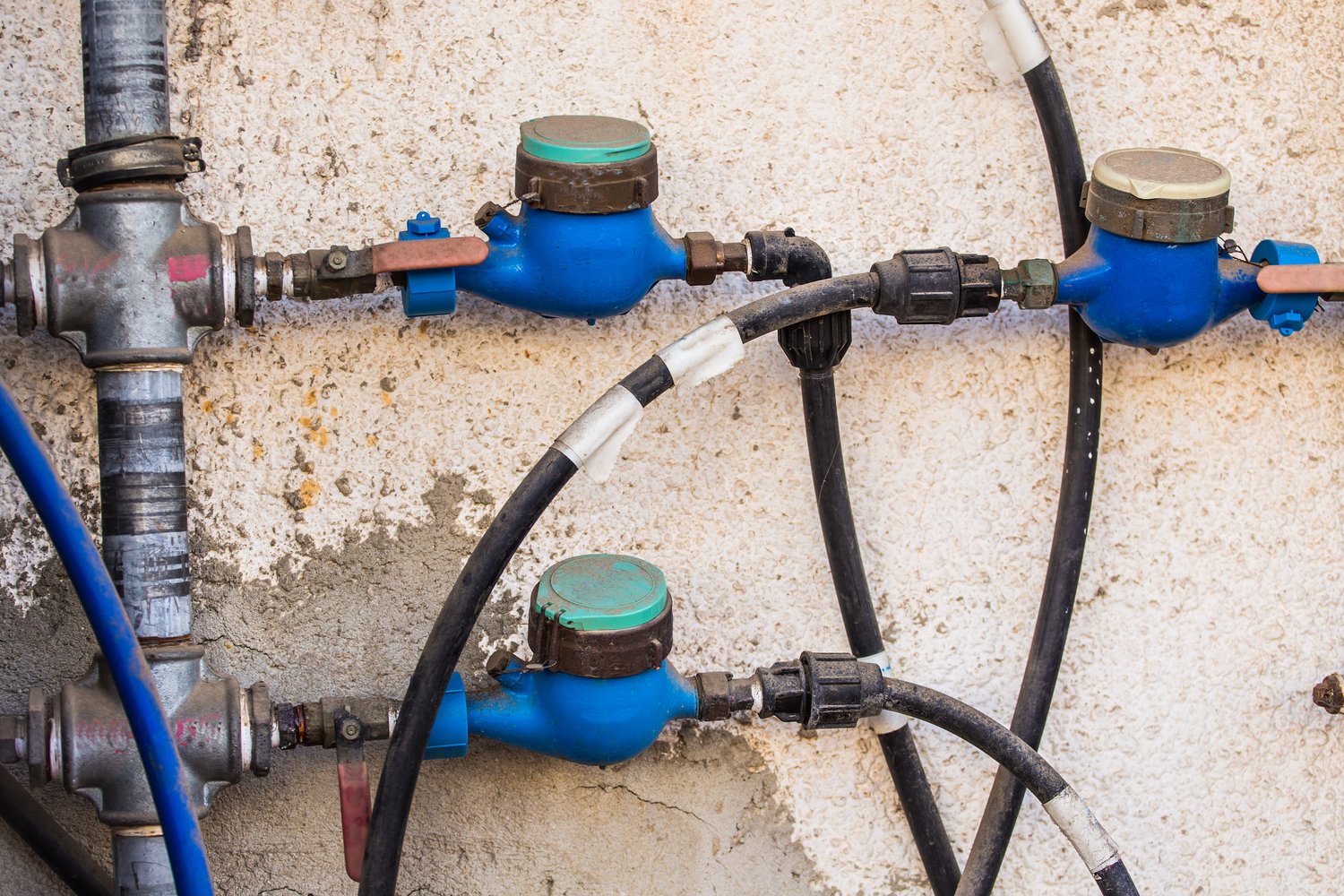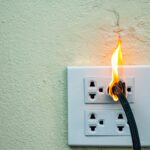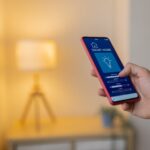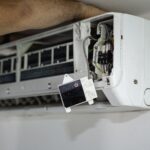Smart water meters have revolutionized how we manage our water consumption, offering precise insights that can lead to efficient usage and savings. Yet, what do you do when your smart water meter starts giving inaccurate readings? Understanding the causes and solutions is key to ensuring reliability.
- Improper installation or environmental factors can distort your meter’s accuracy.
- Once you identify potential issues, calibration becomes vital for restoring precision.
- Regular maintenance, professional recalibration, and firmware updates are essential strategies for accuracy.
Dive into the article to learn how addressing these issues not only prevents unexpected costs but also empowers you to take control of your water management system effectively.
Understanding Why Your Smart Water Meter Is Reading Incorrectly: Calibration Solutions Explained
Smart water meters represent a significant advancement in water management technology. Designed to provide accurate and real-time water usage data, these devices are key to efficient water conservation and management. However, like any technological device, smart water meters aren’t immune to errors.
Errors in smart water meter readings can arise from several issues. Installation problems, whether due to incorrect placement or connection discrepancies, can lead to inaccurate data. Additionally, hardware malfunctions are not uncommon, impacting the meter’s ability to measure water flow precisely.
To tackle these inaccuracies effectively, it is critical to discover the root cause. By understanding the fundamental reasons for incorrect readings, you can implement the right solutions and ensure your water management system operates as intended.
Common Causes of Incorrect Smart Water Meter Readings
Several factors can lead to smart water meters providing inaccurate readings. One of the most common causes is improper installation. When smart meters are not installed according to the manufacturer’s guidelines, their efficiency in gauging water flow is significantly hindered.
Manufacturing defects can also play a role. Issues such as faulty sensors or electrical components can lead to discrepancies in measurement. Furthermore, environmental factors can affect sensor operations. Extreme weather conditions, like excessive heat or cold, may impact the sensors’ ability to function accurately.
Understanding and identifying these causes is the first step toward correcting inaccuracies. By recognizing these factors, homeowners and technicians can implement effective calibration solutions, ensuring that water meter readings remain reliable and precise.
Calibration Solutions for Ensuring Accurate Smart Water Meter Readings
Once the root causes of inaccurate smart water meter readings are identified, calibration becomes a vital process in restoring precision. Regular maintenance plays a foundational role in keeping these advanced systems functioning optimally. Periodically inspecting and cleaning the meters can prevent obstructions and debris from affecting their performance.
Engaging in professional recalibration is another essential step. Trained technicians can adjust the meter settings to ensure that they record water usage accurately. This process is particularly important after installation or if the smart water meter has been relocated. Professional calibration services can address hardware malfunctions and bring the device back to its factory-calibrated state.
The advancement of technology allows for firmware updates to enhance the meter’s accuracy and functionality. Manufacturers often release updates that fix bugs, improve accuracy, and introduce new features to better manage water consumption. Keeping the firmware up-to-date can significantly reduce the likelihood of incorrect readings and help utilize the full capabilities of your smart water meter.
In summary, addressing calibration through these solutions not only ensures accurate water usage statistics but also enhances the overall efficiency of your water management system. By implementing regular maintenance, professional recalibration, and timely firmware updates, you can maintain precise operation and avoid unexpected water costs.
Frequently Asked Questions About Smart Water Meter Calibration
What is the main reason my smart water meter might give incorrect readings?
Improper installation, manufacturing defects, or environmental factors can cause inaccuracies.
How can I identify if my smart water meter needs recalibration?
Check for sudden spikes in usage data that don’t match your actual water use patterns.
Is professional recalibration necessary for smart water meters?
Yes, professional recalibration ensures accuracy and corrects potential errors.
Can firmware updates affect the accuracy of smart water meters?
Yes, regular firmware updates can improve meter functionality and accuracy.
How often should I maintain my smart water meter to ensure accuracy?
Regular maintenance, at least once a year, is recommended for optimal performance.
What should I do if I suspect a manufacturing defect in my smart water meter?
Contact the manufacturer for further inspection and possible replacement.





